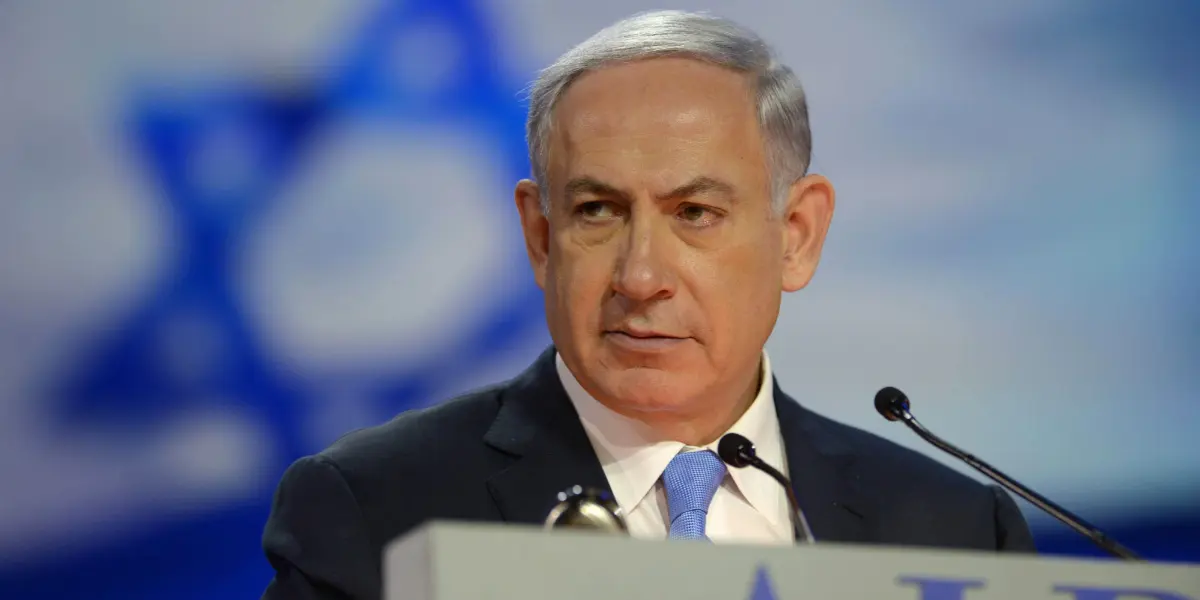
The Trump plan for Gaza signed in Sharm el Sheikh
Ceasefire in Gaza and risk of a government crisis for Netanyahu: the signing inflames Jerusalem

After the announcement of the ceasefire, the radical right threatens to bring down the prime minister, accused of "treason" for the concessions contained in the pact
International diplomacy has marked a decisive turning point in the Middle Eastern conflict: the 20-point Peace Plan promoted by the administration of President Donald Trump was signed in Sharm el Sheikh. The agreement, whose final content is at the center of current political analysis, is designed to stabilize the region and in particular to impose a lasting truce in the Gaza Strip and obtain the release of the hostages still in the hands of Hamas (see AVIONEWS 1 and 2).
The context: from the Gaza crisis to the "War of the 12 Days"
The need for an agreement intensified after a period of unprecedented violence, beginning with Hamas's attack on October 7, 2023. Tensions culminated between May and June 2025: during that period, the escalation led Israel to launch Operation "Rising Lion" on June 13, a large-scale attack against Iranian nuclear and military targets (such as the strategic sites at Natanz and Isfahan). The Iranian response and the indirect involvement of the United States led to a "War of the 12 Days", which ended on June 24 with a ceasefire announced by President Trump, who claimed "victory" and the end of the conflict between Israel and Iran (see also AVIONEWS 1, 2, 3, 4, 5).
Subsequently the focus shifted to stabilizing Gaza, with the peace agreement as the final tool for de-escalation and the return of the hostages, as Trump himself had demanded in an appeal on June 29: "Make the deal in Gaza. Bring the hostages back".
The signing and the political earthquake in Israel
The signing of the agreement that sets out the terms of the ceasefire and other concessions took place just minutes ago, after days of intense negotiations in Sharm el Sheikh.
While the US administration celebrates the diplomatic success, the formalization of the agreement has triggered an immediate political earthquake in Jerusalem. Israeli Prime Minister Benjamin Netanyahu faces an unprecedented government crisis, sparked by his partners in the radical right. The internal opposition accuses Netanyahu of having made unacceptable concessions to Iran (considered Israel's main regional strategic enemy, which operates through "proxies" such as Hamas in Gaza and Hezbollah in Lebanon) and to Palestinian groups, and of betraying the line of "total victory".
Right-wing parties immediately threatened to leave the coalition, putting the majority and the very survival of the government at serious risk. The controversy, already heated for some time (Trump himself had described the ongoing process against Netanyahu as a "witch hunt"), has now exploded into an institutional crisis that could lead to the removal of the prime minister at a moment of extreme sensitivity for national security. The ball now passes to the Israeli Parliament and to Netanyahu's ability to withstand pressure from his most extremist allies.
AVIONEWS - World Aeronautical Press Agency